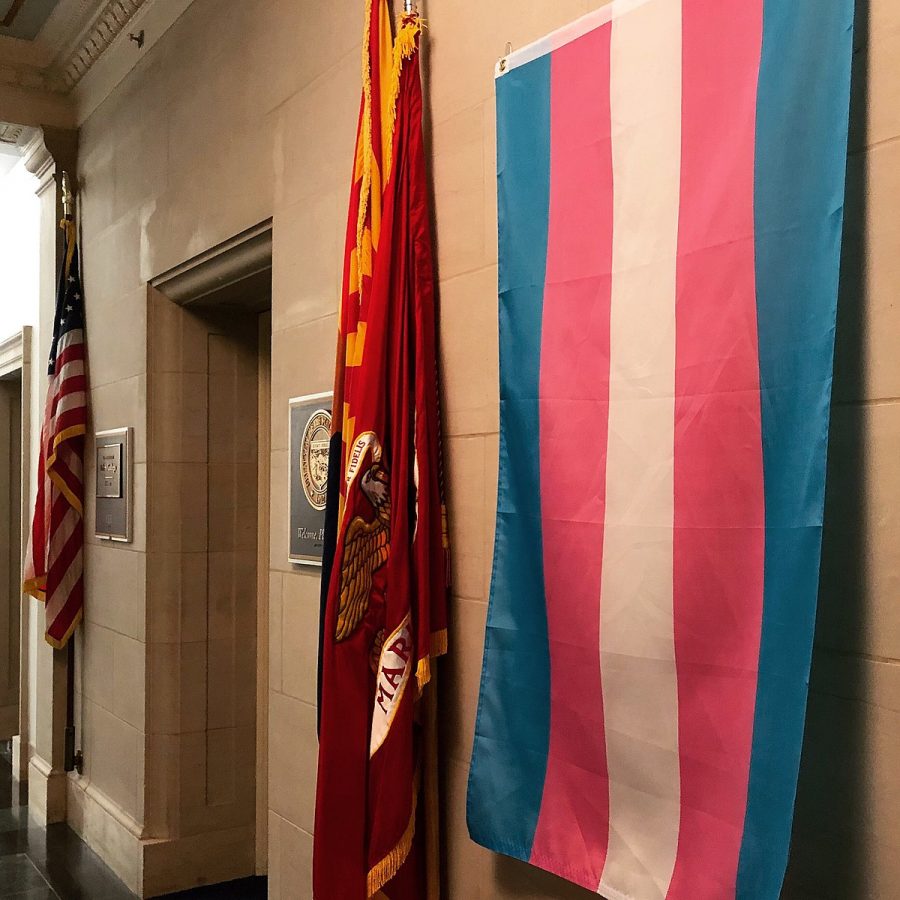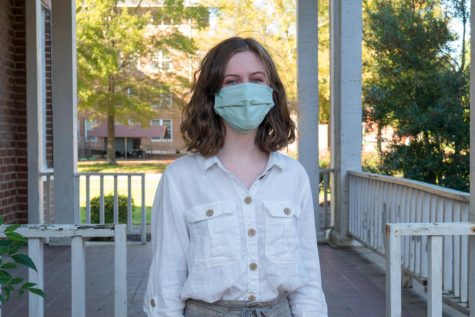Snodgrass: Alabama’s bills regarding transgender youth healthcare are ‘egregious’
United States House of Representatives – Office of Ruben Gallego, Public domain, via Wikimedia Commons
Two bills introduced in Alabama’s state legislature could block transgender youth from receiving gender affirming care.
March 24, 2021
State congresses across the nation have recently moved to create bills that infringe upon the rights of transgender youth. Perhaps most notably, Alabama’s congress, where HB1 and SB10 are active, has specifically attacked the rights of transgender youth.
These two bills attack the ability of trans youth to receive gender-affirming healthcare, and even requires school officials to “out” trans students to their parents, possibly before they are ready. Both bills are disgusting pieces of legislation due to the harm they could cause these children, and should die on the congress floor.
Legislators collectively titled the bills “the Alabama Vulnerable Child Compassion and Protection Act,” or V-CAP, but they are the furthest thing from compassion and protection for trans youth. The act covers four distinct areas of trans youths’ healthcare and overall well-being: puberty blocking medications, hormone therapy, gender-affirming surgeries and confidentiality for trans youth within the school system.
Within the bills, the writers claim, “Studies have shown that a substantial majority of pre-pubescent children who claim a gender identity different from their biological sex will ultimately identify with their biological sex by young adulthood or sooner when supported through their natural puberty…Research shows that the administration of puberty blocking medications or cross-sex hormones forecloses the possibility of a natural recovery from this condition.”
This is, at least, partially false. While taking hormones can create permanent changes, puberty blocking medications are completely reversible, and while their use can cause side effects like lowered bone density, monitoring these potential side effects prevents them from becoming tangible issues. If a gender nonconforming child later realizes that they are not transgender, they can be taken off the medication and normal puberty will resume. If the child is transgender, then puberty blockers make transitioning much easier as a late teenager or young adult.
With this in mind, there is no reason to outlaw the prescription of puberty blocking medication to minors. Alabama’s legislators seem to be operating under the assumptions that it is an easy process to obtain access to gender-affirming healthcare as a minor.
In reality, there are many steps in place before any doctor will prescribe substances like this to children and adolescents, including evidence of long lasting gender dysphoria, analysis of any potentially negative effects and the child’s and parent(s)’ informed consent. All this act does is prevent trans children from accessing care that they may need to improve their mental well-being and prevent anxiety, depression and even suicide.
Gender-affirming surgery is already reserved for adults only, so there is no need to legally restrict it, and hormone therapy is only conducted on those of adolescent age or older. Patients under 18 typically must have the recommendation of a psychologist or psychiatrist and demonstrate full informed consent to be prescribed hormone therapy. Banning it altogether would harm those whose mental health is greatly improved by transitioning.
The most egregious part of V-CAP is Section 5, requiring teachers, nurses and other school officials to “out” transgender students to their parents or face felony charges. This violates confidentiality and could lead to some trans students having no adults to turn to for support, as students whose parents are not supportive of their gender identity or sexuality often look to teachers for help.
A study by The Trevor Project shows that LGBTQ youth who had at least one supportive adult in their lives had a 40% lower suicide rate than those who had no one. This legislation could result in the deaths of transgender children and teens. Those who support it will have blood on their hands, and I sincerely hope that it does not make it out of Alabama’s congress, much less off the governor’s desk.










